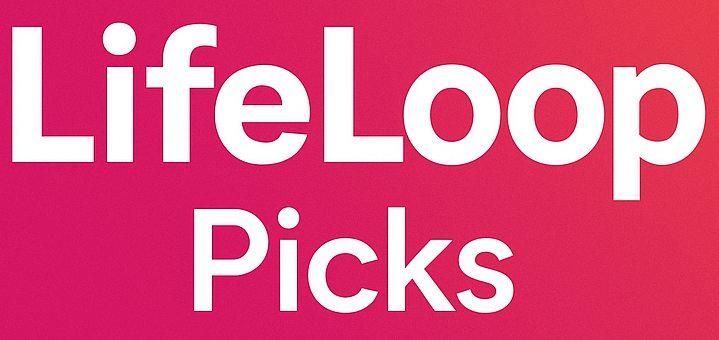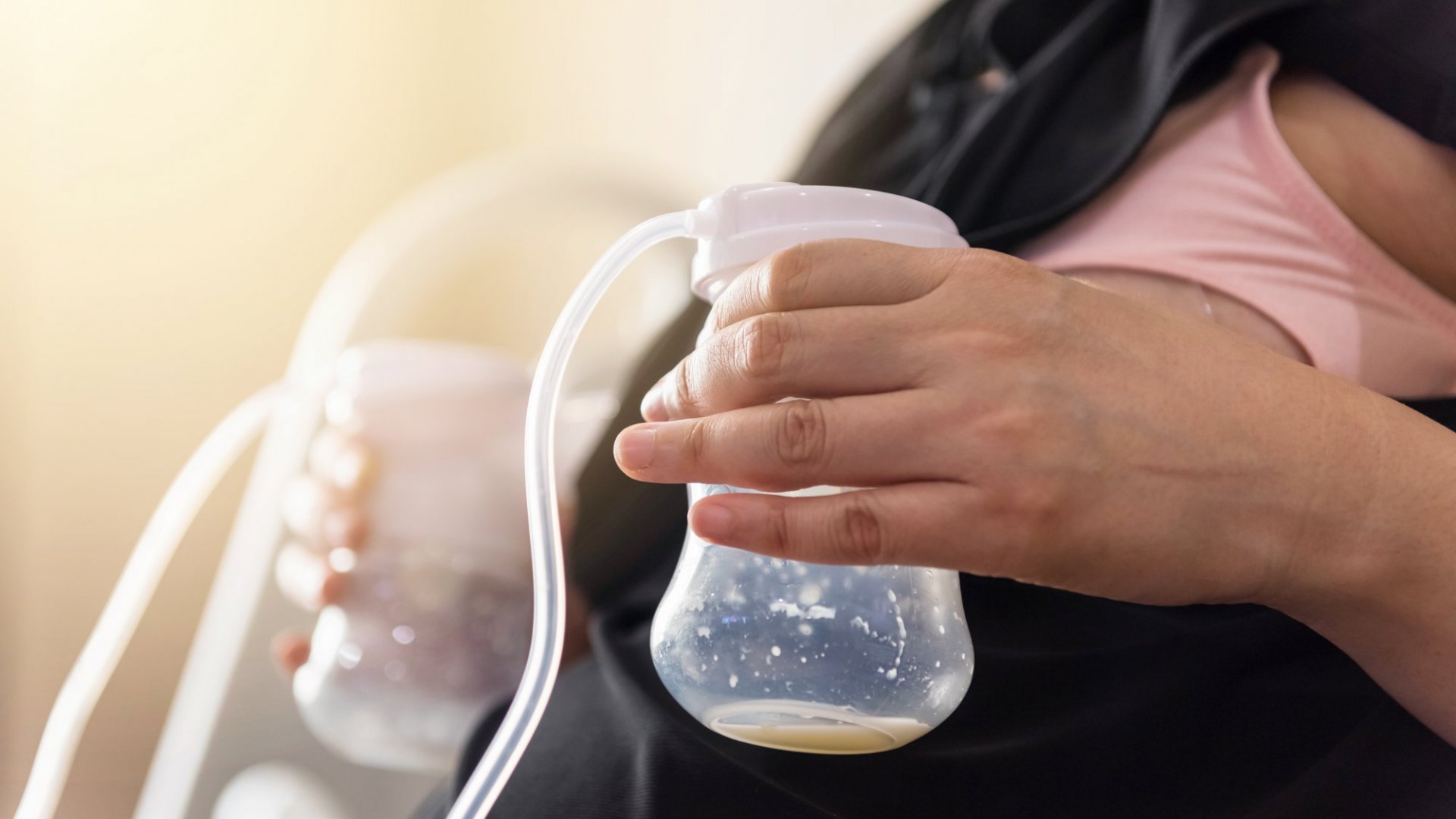Breastfeeding is a beautiful journey, but it can come with its own set of challenges, especially for working mothers. One of the most significant hurdles is finding time to pump while balancing work responsibilities. Fortunately, innovative solutions like MilkMate are emerging to ease this burden and help mothers reclaim valuable time. In this blog post, we will explore how MilkMate is changing the landscape of breastfeeding support in the workplace and why it’s a game changer for nursing moms.
The Challenges of Pumping at Work
Returning to work after having a baby is often a stressful time for new mothers. The transition can be challenging, particularly when trying to maintain breastfeeding while meeting professional obligations. In fact, studies indicate that nearly 70% of U.S. workers lack access to parental leave, forcing many mothers to juggle their responsibilities during the early months of parenthood.
The process of pumping breast milk can be cumbersome, requiring mothers to carry a breast pump, find a private space, and then set it up for each session. This process can eat up precious time during a workday. To make matters worse, some workplaces do not provide adequate resources for nursing mothers, making it even more difficult to meet breastfeeding goals.
Enter MilkMate: A Solution for Modern Moms
MilkMate, a startup founded by Patrice Meagher, is stepping up to address these issues. The company provides communal breast pumps and sterilized pumping kits that simplify the entire process. This innovative system is designed for use in workplaces, allowing nursing mothers to pump quickly and efficiently without the hassle of bringing their own equipment.
How MilkMate Works
MilkMate’s approach is straightforward and user-friendly. They install FDA-cleared breast pumps in communal spaces and provide sterilized kits for personal use. Each kit is disposable after a single session, eliminating the need for mothers to clean and sterilize pumping parts. The separation of the milk collection and pump mechanisms ensures safety and prevents cross-contamination.
By reducing the time spent setting up and cleaning, mothers can save up to 15 minutes per pumping session. For working moms who need to pump multiple times throughout the day, this could equate to saving nearly a full month of work per year, a significant amount of time that can be redirected to other essential tasks.
Benefits for Employers
Implementing MilkMate’s service not only benefits mothers but also employers. Companies that support nursing parents create a more inclusive and accommodating workplace, which can enhance employee satisfaction and retention. In a competitive job market, offering such amenities can also serve as a unique selling point to attract talent.
Employers such as Dartmouth College and Hines have already recognized the advantages of incorporating MilkMate into their workspaces. Providing a supportive environment for nursing mothers can reduce stress, improve productivity, and ultimately contribute to a healthier work culture.
Legislative Support for Nursing Mothers
The rise of services like MilkMate comes at a crucial time, as recent legislation has expanded the rights of nursing mothers in the workplace. The PUMP for Nursing Mothers Act, enacted in 2022, requires employers to provide employees with adequate time and space to express milk. This legislation is significant in ensuring that working mothers have the support they need to continue breastfeeding, even after returning to work.
Despite these advancements, there are still challenges. Many mothers report that returning to work impacts their ability to meet breastfeeding goals, and a lack of resources can increase stress. MilkMate aims to bridge this gap by providing accessible solutions for nursing mothers.
Real-Life Impact of MilkMate
The positive impact of MilkMate’s service can be seen in the experiences of users. According to Whitney Burns, senior vice president of global client strategy at Hines, the implementation of MilkMate has made it easier for working parents to remain productive in the office. By streamlining the pumping process, mothers can return to their tasks without the added stress of managing their breastfeeding routine.
Moreover, institutions like Dartmouth’s Tuck School of Business have recognized the need for this service and plan to introduce it to their campus. The aim is to alleviate the logistical challenges faced by nursing mothers and foster a more supportive environment.
The Future of Breastfeeding Support
MilkMate is not alone in this movement; other startups are also developing solutions to support breastfeeding mothers in the workplace. Companies like Work & Mother and Nessel are creating shared lactation suites and portable nursing pods, respectively. This growing trend reflects a shift toward prioritizing the needs of working parents, ultimately leading to a more inclusive and family-friendly work environment.
Conclusion
MilkMate is revolutionizing the pumping experience for working mothers, making it easier for them to balance their professional and personal lives. By providing innovative solutions that save time and reduce stress, MilkMate is empowering mothers to continue breastfeeding while managing their careers. As more companies recognize the importance of supporting nursing parents, we can expect to see further advancements in workplace accommodations, helping to create a more inclusive environment for families.

